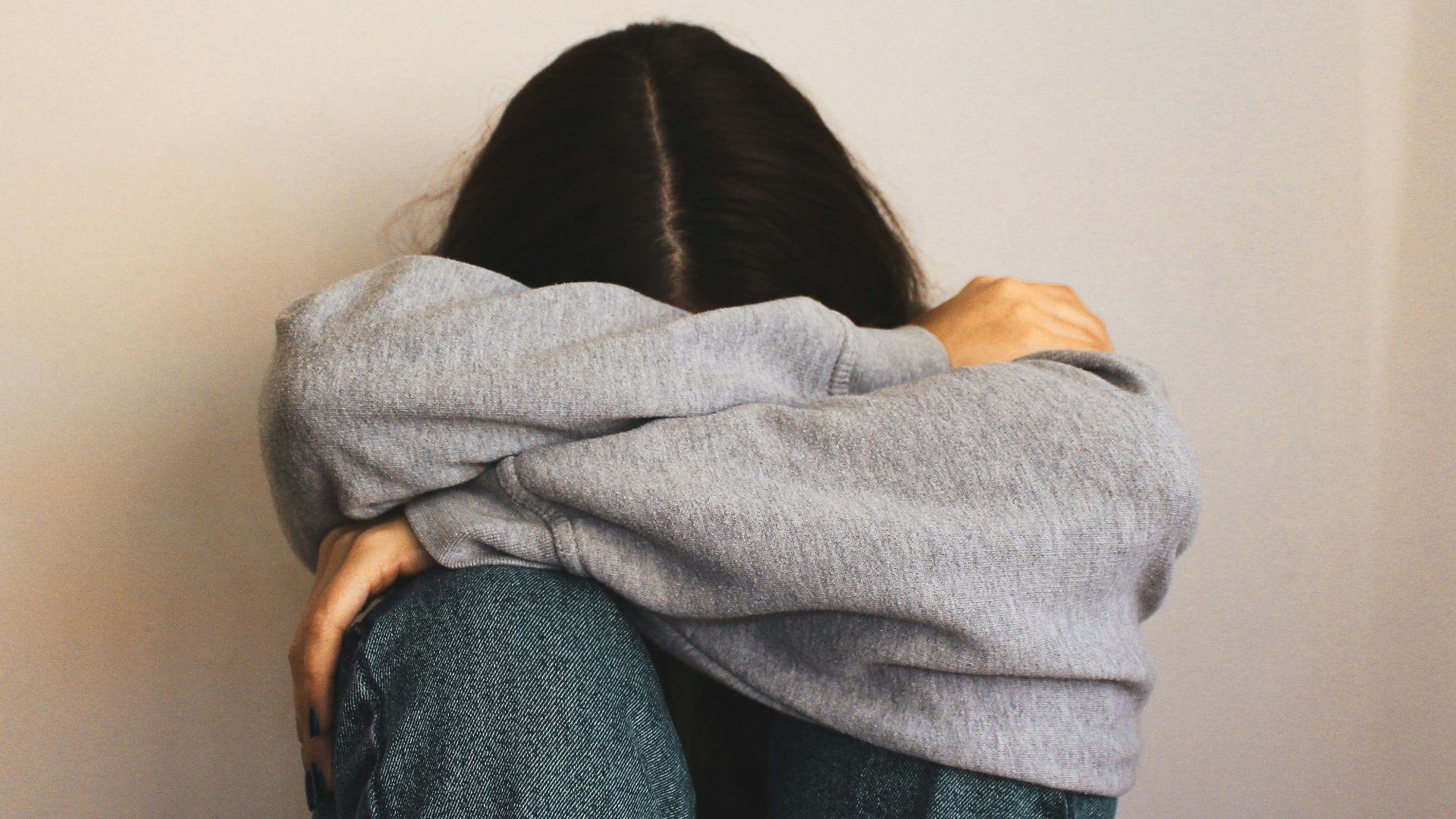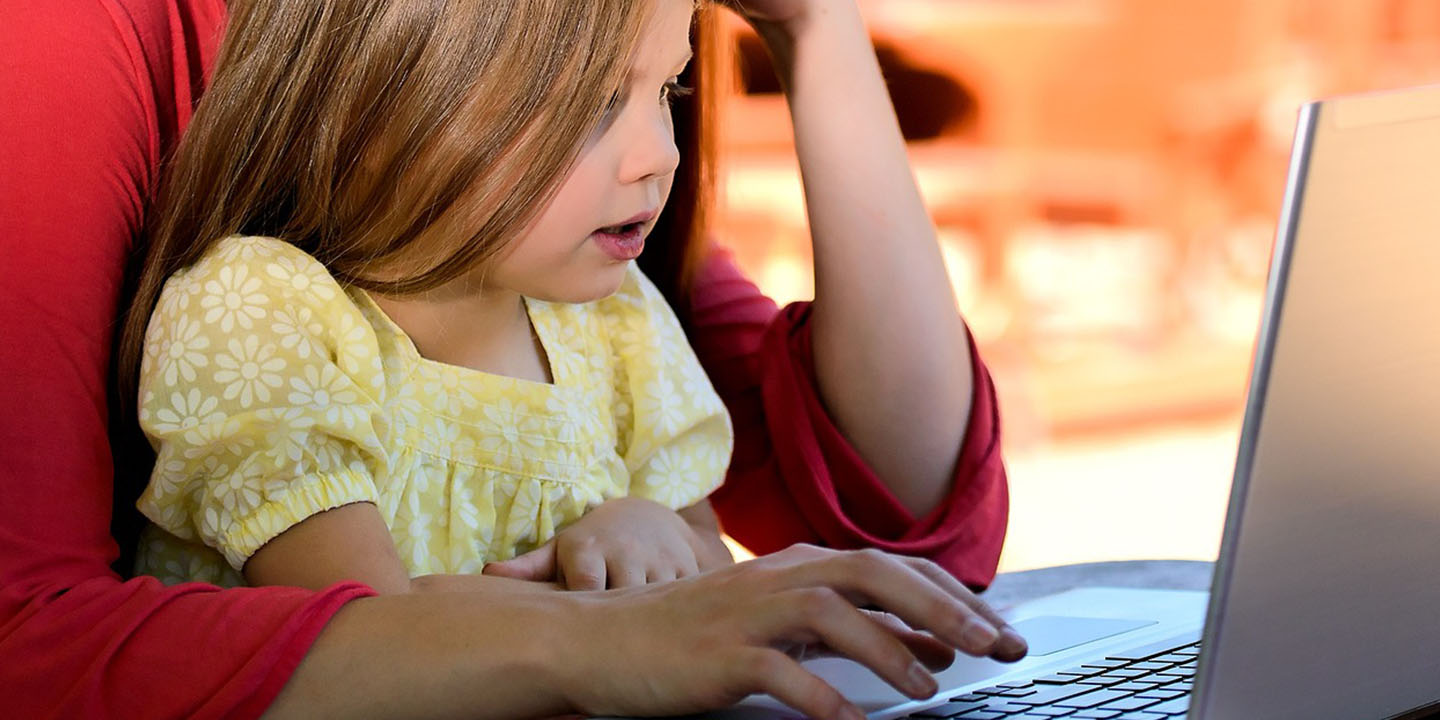One narrative has been common in recent public discussion: men are lonelier than ever. In books and documentaries, social scientists, media commentators, and therapists have sounded the alarm about a loneliness epidemic, with a focus on men. But in so many ways, women’s loneliness has become a cultural counterpoint, the idea that they are riding smoothly through modern life unscathed. But the realities of women’s lives are not that simple. Disentangling why men’s loneliness has been center stage and women seem “unaffected” requires exploration of the evolution of gender roles, emotional norms, and how men and women are socialized to build relationships.
Is the Epidemic Real?
The Pew survey found 16 percent of men, and 15 percent of women, say they often or always feel lonely. So, not a ton of difference there. The distinction is in the reasons for loneliness. It’s long been observed that men have a harder time forming and maintaining close friendships than women. They’re also taught from a young age to value stoicism and to stifle emotions. As a result, many men find emotional intimacy challenging or even embarrassing. Coupled with a lack of safe spaces to express their feelings, men are often left without a strong support network to share their vulnerabilities.
There’s also the increased influence of the online “manosphere.” This nebulous network of influencers and extremist echo chambers targets young men who may be searching for identity and meaning. The manosphere often provides that sense of belonging, but with a heavy cost: misogyny, resentment, emotional numbness. Add to this the growing cultural pushback against traditional masculinity, and increasing female success in the classroom and workplace. It’s no wonder some men may feel lost in a changing world.
Women Are Making Different Choices
Women are not disinterested in coupling. They are disinterested in having to mother their partners. Women are done with carrying relationships on their backs, shouldering all of the emotional labor, and all of the mental load of keeping a household together, and basic husbandry for men who have been raised to believe they are not required or needed to do any of these things. Marriage used to be a practical need for women; it was a way for women to exercise limited rights, to open up blocked economic access, to survive. It is no longer a requirement to survive. And if women don’t need men to survive, they can afford to be choosy.
Men and women are equally lonely, but when we talk about loneliness, we’re much more likely to talk about men. Stories about the lonesome men in our society almost always focus on the dangers of social isolation: men who become angry, or extreme, or violent. For women, loneliness is more likely to be seen as a character flaw, something to be quietly endured, comforted, or covered up.
Loneliness among men is not a straightforward topic. While it is true that men experience loneliness in specific ways that are shaped by factors such as gender norms, emotional expression, and societal expectations, it is also important to recognize that women can also experience loneliness, although it may manifest differently or be less visible.
Loneliness is not exclusive to one gender, and it is a problem that can affect anyone. Addressing loneliness and its impact on mental health for all individuals, regardless of gender, will require a multifaceted approach that addresses the underlying causes and challenges of living in an increasingly complex and interconnected world.










